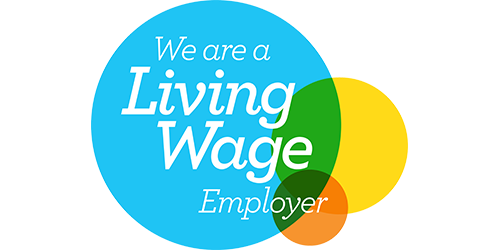This editor's letter was first published in Stir Magazine, Spring 2021. To support our journalism, purchase this issue or an annual subscription.
What’s a ‘democratic economy’? And who gets to define it?
While there’s been a recent upsurge of interest in democratic business, it's widely accepted that there’s a significant gap between policymaking and business practice, with the majority of resources invested into ‘progressive policy’ development within thinktanks, and the ‘bureaucratic insurgency’ within local government. There’s a reluctant enthusiasm for these policy initiatives, not least because of a range of unhelpful assumptions and cultural misconceptions about how to support democratic business development, but also because policy recommendations are mostly concerned with ‘the what’ rather than ‘the how’.
Confronting this technocratic capture of the democratic economy, while still working with policy platforms and local government as ‘enablers’, means democratising access to policy debates, investing in practitioner research and partnerships, and insisting on the strategic value of those who work in democratic businesses. It also depends on early interventions from practitioners so they can influence strategic investments, recruitment, and development plans, not only being invited to the party to support ‘implementation’.
Over the next two years, Stir to Action will be working on a new project, supported by the Friends Provident Foundation, to build more effective relationships in democratic business policy and practice, encouraging political leaders and policymakers to work with not for democratic businesses in the UK. Despite years of unbalanced focus on such policy initiatives and public sector behaviour, we’re calling for significant, patient, and long-term investments into democratic business culture, skills, and infrastructure. Reversing decades of underfunding, low cultural awareness, and limited ambition means going beyond ‘technocratic tinkering’ in local and national government, and involves working closely with both the experience and new energies in our sector. ∞







